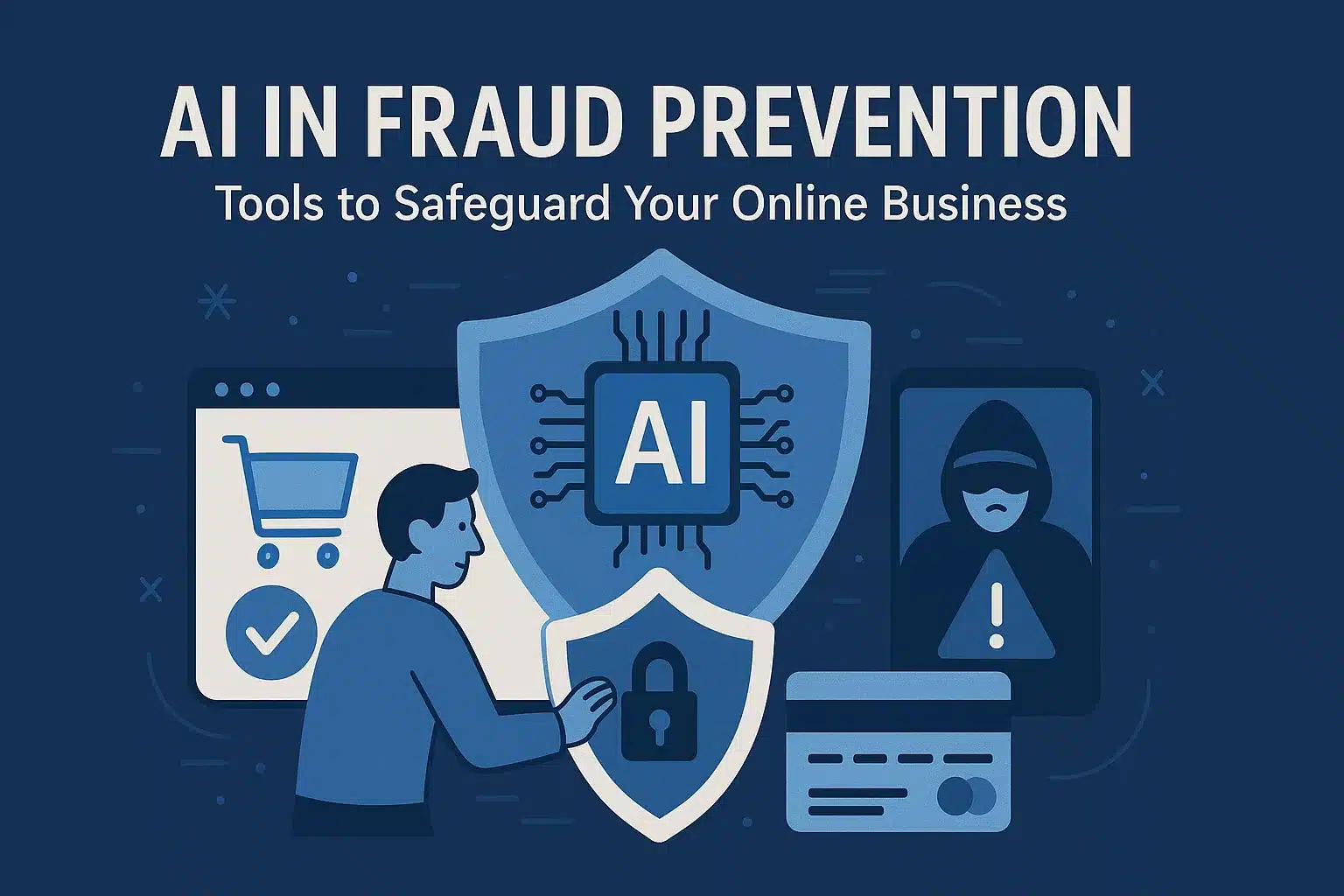2017 was a significant year for Human Resources transition. A new presidential policy is making changes and impacting health care and pensions for workers. In the meantime, we’re learning how to navigate a workplace that’s overflowing with a new generation: Millennials (and it’s just two more years before they make up much of the labor force).
In addition to all this, Human Resource skills, talent development and management have been increasingly driven by candidates. With all of these changes, implementing effective Human Resource training courses at your organization has become essential.
All companies, no matter how small, are concerned with human capital. Although many small companies are not yet able to afford a Human Resource department, HR functions and Human Resource skills are still an important part of any company. Whether you want to employ a dedicated HR Manager or assign Human Resources duties to another role within your company, having adequate Human Resource management training is important.
The Importance of Human Resource Management Training
Because HR includes sensitive issues related to recruiting, workforce growth, salaries, reviews and a system of legislation and regulations, persons performing these duties must have up-to-date Human Resource Management training.
The value of Human Resource online training courses becomes evident when you understand that failure to comply, such as disclosure of confidential health information, engaging in discriminatory practices or failing to protect whistle-blowers from harassment, will result in penalties, litigation and negative publicity for your company.
Let’s talk about some of the major changes that are coming your way and how you can best prepare.
1. The New Workforce: Millennials
By 2025, it is projected that Millennials will make up 75% of the workforce. So, if you didn’t pay attention to them before, now is the time to get started. Millennials have very different expectations than the Baby Boomers who came before them, and you’ll be frustrated without the right HR preparation.
One of the most robust shifts to come to terms with, is 66% of Millennials intend to leave their current company by 2020, while Baby Boomers are more likely to remain put.
Side note: Training managers on Human Resources principles is also a good idea, even if your managers and supervisors do not take on specific HR functions within your company. Basics such as anti-discrimination legislation, the protection of the privacy of workers and the guidelines for hiring new staff should be well known by someone in the business who is in a supervisory role.
2. Changes in healthcare.
Even before the major changes in the Trump administration, less than 50 percent of employees felt that they had a good understanding of their benefits package. As things keep shifting, employees will be even more confused about what’s covered and what’s not.
Twenty-four million people in the United States could lose their insurance coverage altogether. It’s up to you, as a well-trained HR representative, to keep things in order and answer any questions you might have. What if you’re as lost as they are?
3. The Candidate-Driven Market
Up to this point, companies have mainly been in the driver’s seat when it comes to hiring and recruitment. They were able to pick and choose which candidates they wanted to hire. Nowadays, however, 55% of organizations say they are struggling to attract the right talent, with 65% of recruiters claiming lack of talent as the biggest hiring challenge.
For HR, that means that the way you’re going about recruitment and hiring has to change dramatically. Where can you find information and resources to change your methods of hiring completely? It’s a high order, but far from impossible.
Options for implementing HR training in your organization:
There are many opportunities for small business owners who choose to train workers working as HR managers or HR managers:
Colleges and universities: several colleges and universities offer HR degrees, certificates and/or diploma programs. Certificates and diploma programs require fewer courses and are cheaper than undergraduates or graduates.
Government agencies: The Small Business Administration provides free online instruction on HR subjects. Other companies offer workshops and training resources that will enable HR practitioners to understand the laws and regulations.
Online Human Resource Training Courses and Certification: By far the most popular method due to its cost and accessibility, a wide range of online courses (which are free and paid) are available to start upskilling the staff in your HR department.
You’ve always known how important HR is to an enterprise, but with the developments in 2017 and beyond, the critical importance of HR is only increasing. That’s why continuing your training as an HR professional is vital in the years to come.
Employees and managers will be more dependent than ever on you to provide them with information, guidance and strategic talent decisions.
Last Note
Are you ready to enjoy the benefits of an effective Human Resource training course in your organization?
Click here to learn more about Coggno’s selection of Human Resources training courses.




















